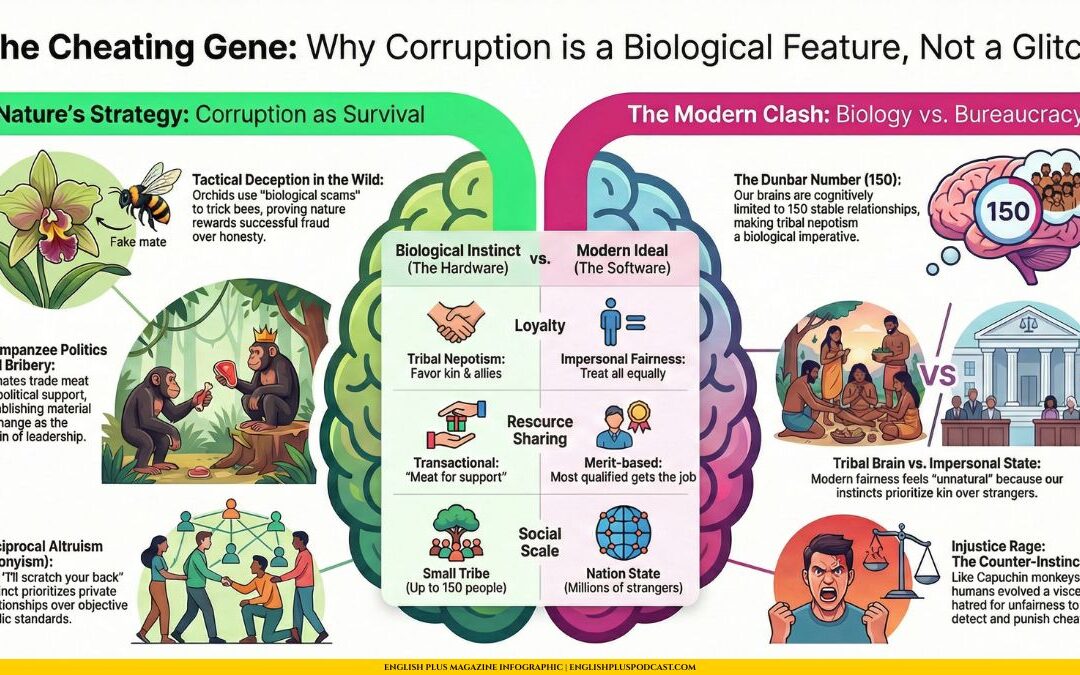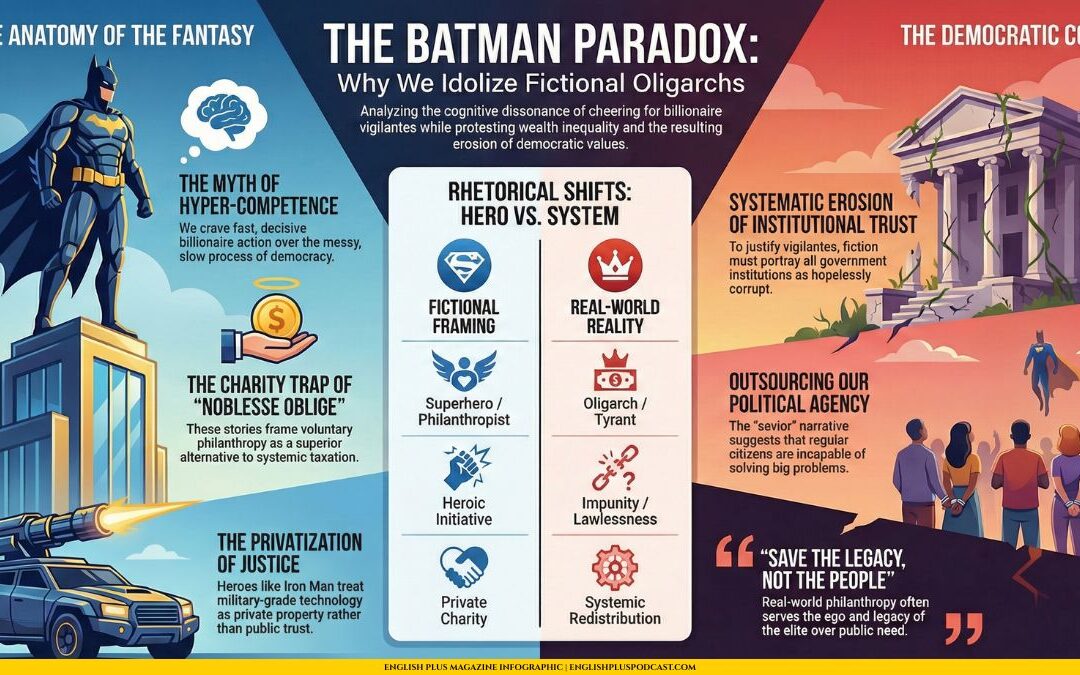Join host Danny in this dynamic episode of English Plus Express, under the English Plus Academy series. Dive into the fascinating world of verbs, distinguishing between action and linking verbs. This episode breaks down these essential grammar concepts with everyday examples, making them relatable and easy to understand. Whether you’re a student, a professional, or just brushing up on your grammar, this episode is your ticket to mastering the use of action and linking verbs in English. Tune in to add a new layer of clarity and precision to your language skills!
Episode Audio
Action Verbs Vs. Linking Verbs
Welcome to English Plus Express, and you’re listening to English Plus Academy with me, Danny. Today, we’re zeroing in on a topic that’s a real ‘action-packed’ grammar adventure – the world of Action vs. Linking Verbs. You might think, “verbs, how exciting can they be?” Trust me, by the end of this episode, you’ll see verbs in a whole new light!
Let’s kick things off with action verbs. These are the doers in our sentences, the verbs that show action. Think of verbs like ‘run’, ‘jump’, ‘write’, or ‘cook’. When you use these verbs, you’re talking about specific actions. For instance, “She runs marathons,” or “I cook dinner every night.” These verbs are the muscles of the English language, flexing to show what’s happening.
Now, let’s gracefully transition to linking verbs. These are the more zen, contemplative verbs. They don’t show action. Instead, they link the subject of the sentence to additional information. Classic examples include ‘be’, ‘seem’, ‘appear’, ‘become’. For instance, when you say, “The sky is blue,” ‘is’ links ‘the sky’ to its state of being ‘blue’. Linking verbs are like the yoga instructors of grammar, calmly connecting elements together.
But why does this matter in real life? Well, choosing the right verb can change the meaning of your sentence entirely. For example, saying “He smells the flowers” (action) versus “He smells nice” (linking). In the first sentence, he’s actively sniffing flowers. In the second, he himself is the one who’s pleasantly fragrant.
Using these verbs correctly can also add clarity and precision to your communication, whether in writing or speaking. If you’re telling a story, action verbs bring it to life with dynamic energy. On the other hand, linking verbs help describe states and conditions, adding depth to your descriptions.
Let’s put this into practice. Next time you write an email or tell a story, think about the verbs you choose. Are you showing action or describing a state? Picking the right verb can make your message more engaging and clear.
Thank you for tuning in to English Plus Express. If you’ve enjoyed unraveling the mysteries of action and linking verbs, please follow, share, and consider supporting us on Patreon. Your support helps us create content that lights up the sometimes confusing, but always exciting world of English grammar. Until next time, keep playing with words and making every verb count!
Why Should You Care?
Understanding the difference between action and linking verbs is essential in mastering English grammar. It’s not just about following rules; it’s about expressing yourself clearly and accurately. These verbs are the backbone of effective communication, helping to convey precise actions and states of being. Whether you’re writing an email, telling a story, or engaging in conversation, knowing how to use these verbs correctly can significantly improve your language skills.
Key Takeaways
- Action verbs express physical or mental actions.
- Linking verbs connect the subject to additional information without showing action.
- The choice of verb can change the meaning of a sentence.
- Action verbs add dynamism to your communication.
- Linking verbs are essential for describing states and conditions.
Keywords
- Action Verbs: Verbs that show physical or mental actions (e.g., run, think).
- Linking Verbs: Verbs that connect the subject of a sentence to more information without expressing action (e.g., is, become).
- Subject: The person, place, thing, or idea that is doing or being something in a sentence.
- Communication: The act of conveying information through speech, writing, or signs.
- Grammar: The set of rules that govern the structure of sentences in a language.
- Precision: The quality of being accurate and exact.
- Dynamism: Energy and a strong desire to make something happen.
- Verb Choice: The act of selecting a particular verb to convey meaning in a sentence.
- State of Being: The condition or situation of someone or something at a specific time.
- Expression: The process of making known one’s thoughts or feelings.
Frequently Asked Questions
Can a word be both an action and a linking verb?
Yes, some verbs can function as both, depending on the context. For example, ‘smell’ can be an action verb or a linking verb.
How do I identify a linking verb in a sentence?
Look for verbs that connect the subject to an adjective, noun, or phrase that describes the subject, without showing action.
Are there any exceptions to these rules?
English has many irregular verbs and exceptions, so context is key in determining the correct use.
Can linking verbs be used in all tenses?
Yes, linking verbs can be conjugated into different tenses to indicate time.
How can I practice using action and linking verbs correctly?
Reading widely and practicing writing sentences using both types of verbs in context are effective ways to improve.
Myth Buster
Linking verbs are not as important as action verbs.
Reality: Both are equally important for clear and effective communication.
Action verbs are always physical actions.
Reality: Action verbs can also represent mental actions.
You can always interchange action and linking verbs without changing the sentence’s meaning.
Reality: The choice of verb significantly affects the meaning of a sentence.
There are only a few linking verbs in English.
Reality: English has a variety of linking verbs, including forms of ‘to be’, ‘seem’, ‘become’, and others.
It’s easy to identify action and linking verbs.
Reality: It can be challenging, especially with verbs that can function as both.
Let’s Talk
- Can you think of examples where changing the verb from action to linking changes the meaning of a sentence?
- Why do you think it’s important to distinguish between these two types of verbs?
- How do action and linking verbs affect the tone and style of writing?
Share your thoughts and experiences in the comments section. Let’s discuss the impact of verb choice on communication!











0 Comments